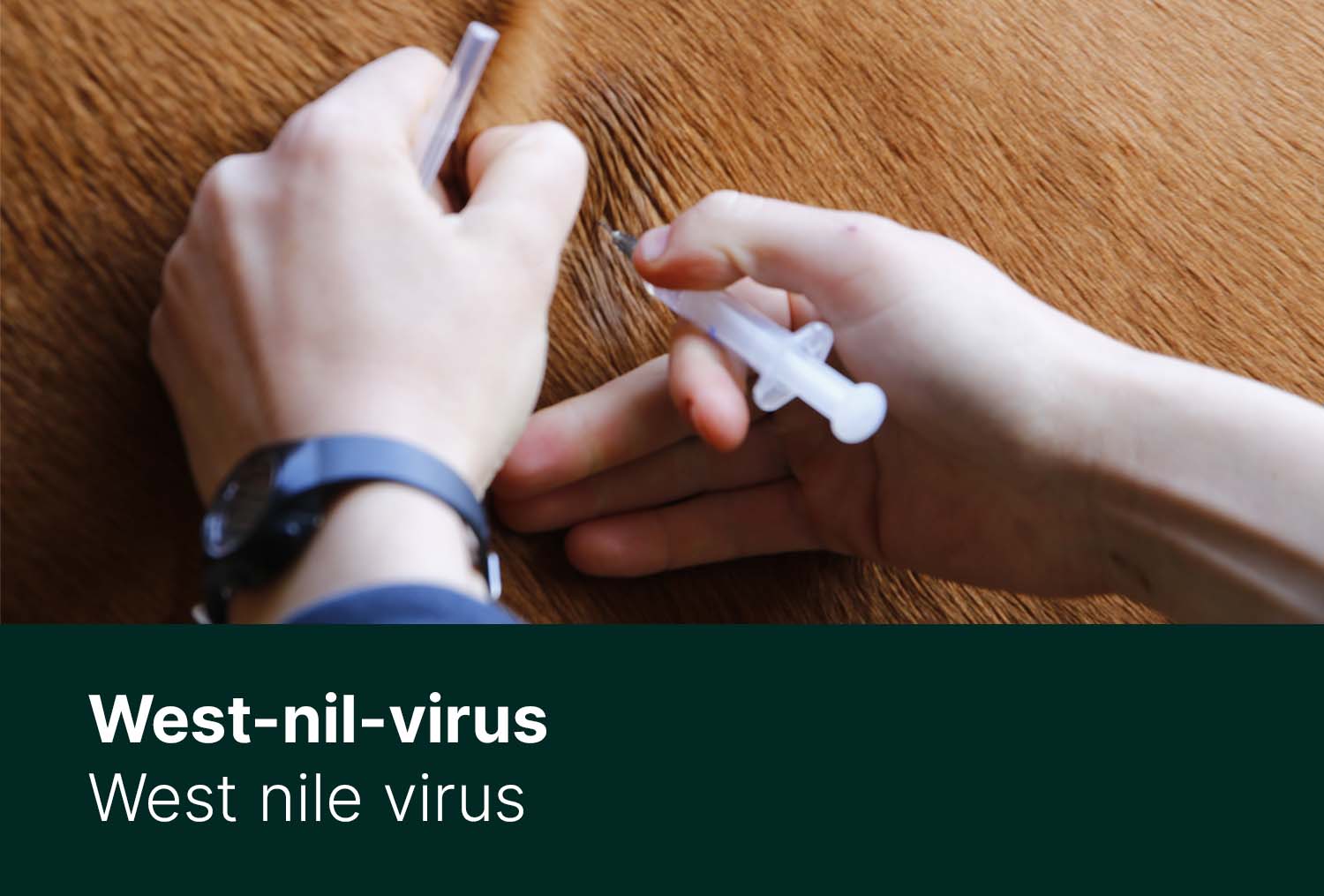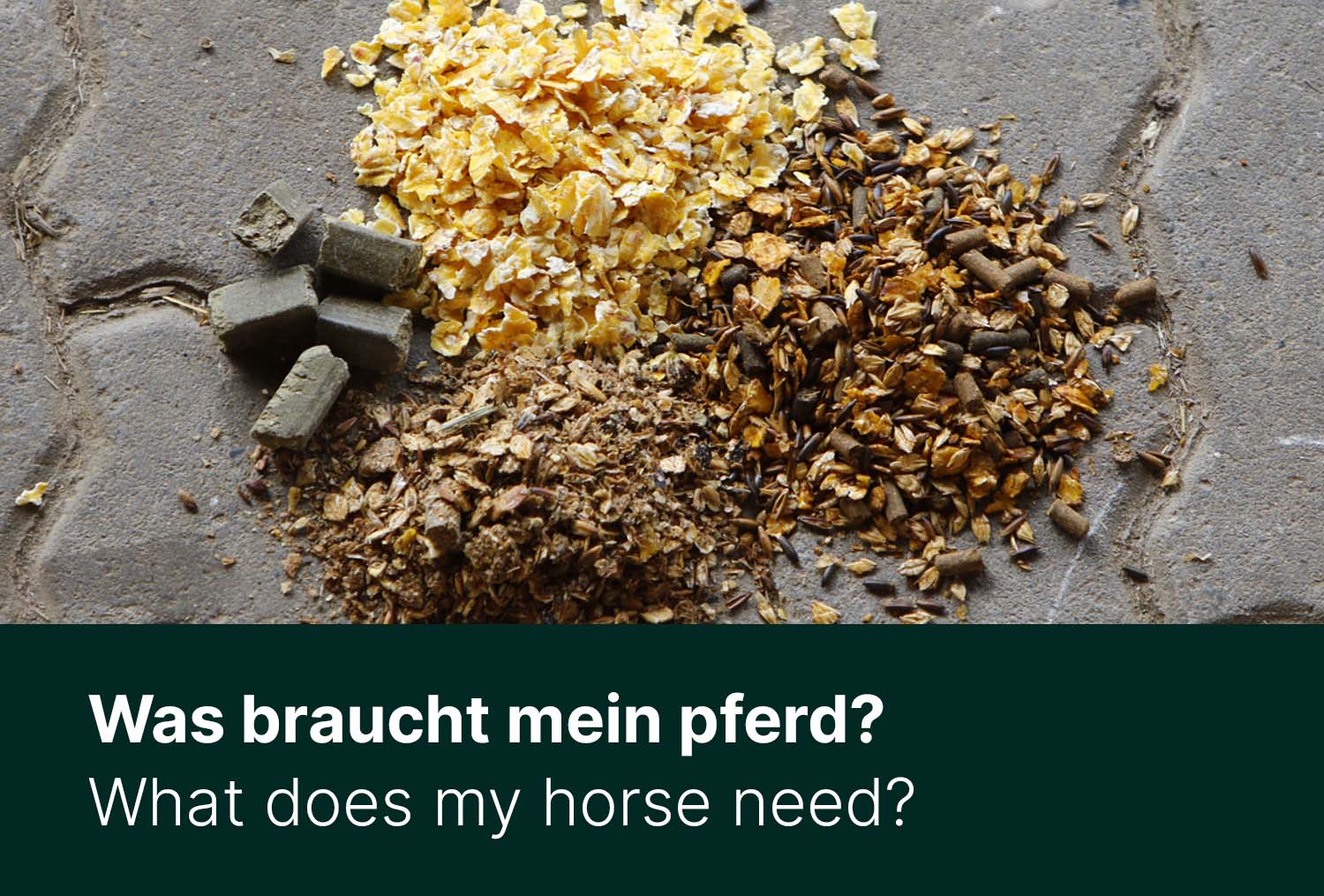Influenza, herpes, glandular, cough, tetanus, and Lyme disease are illnesses that are usually caused by bacteria and viruses. Horses can already be vaccinated against some diseases, and preventive protective measures help with others. In the case of West Nile virus, however, the danger does not come from infected horses, but from mosquitoes that transmit the virus.
Transmission
The West Nile virus does not generally occur in Germany as an epidemic-like event like influenza or herpes virus infections, but in terms of symptoms and severity of the course of the disease, an infection is at least as serious. The virus occurs more frequently in horses in summer and late summer, which can be explained by the increase in viral load over the year. Horses and humans are false hosts for the virus; it is primarily transmitted between birds and mosquitoes. The more birds are infected over the year, the more mosquitoes carry the virus, which increases the viral load and increases the likelihood that false hosts such as horses will become infected. An infected horse does not pose a danger to other horses (or people) under normal handling because horses do not develop sufficient viral loads in their blood. A healthy mosquito that bites an infected horse cannot become a new virus vector.
Spread
The West Nile virus was first detected in a horse in Germany in 2018. However, the main areas of distribution can largely be narrowed down to Berlin, Saxony, Saxony-Anhalt and Brandenburg. However, isolated cases have also been detected in other federal states. In North America, the West Nile virus has a completely different status than in Germany. It occurs much more frequently there and initially spreads like an epidemic. In order to keep an eye on this development, it is necessary to test for the West Nile virus more frequently if the symptoms indicate an infection. As a rule, only a few horses become infected and not all of them become clinically ill, but for the horses affected the disease is very difficult and serious. The mortality rate is stated to be around 30% - 40%. Developments in Germany and Europe go hand in hand with climatic changes. Mosquitoes can hibernate better in this country.
Symptoms and Illness
West Nile virus causes a neurological disease that affects the central nervous system. Although it can heal completely, it can also lead to death or affected horses can suffer long-term damage, which is usually neurological in nature, similar to a herpes virus infection. A distinction is made between general and neurological symptoms: fever, tiredness, fatigue and loss of appetite as well as neurological factors such as ataxia, balance disorders, muscle tremors and an excessive reaction to noise or touch. West Nile virus is a notifiable disease, but since only 8-10% of infected horses show symptoms, the total number of infected horses is not sufficiently known.
Therapy
Therapy depends entirely on the severity and type of symptoms. There is no uniform approved therapy for this. It focuses primarily on treating pain and inflammation as well as protecting against injuries and maintaining fluid and nutritional intake. Accompanying measures can include the administration of vitamin preparations and infusions.
Vaccination
There is already a vaccination for horses against West Nile virus, which is generally very well tolerated. Vaccination is strongly recommended, especially in risk areas and regions where the virus has been detected. Compared to other vaccinations, this is more expensive, but is still an effective measure. The vaccination does not prevent infection with the virus, but it does prevent the disease.
Insect Repellents
If the mosquito cannot get to the horse, it cannot infect it, which is why mosquito repellent is a good prophylactic. Mechanical and chemical insect protection as well as appropriate pasture management can help keep the annoying pests at a distance.
Fly blankets and masks are available in different designs. For optimal protection against insects, the models should be selected according to the needs of the horse and the conditions in which it is kept. In areas that are particularly rich in insects or near bodies of water, fly blankets that adequately cover the stomach and neck areas are particularly suitable. For particularly sensitive horses, allergy sufferers or those with sweet itch, there are already complete solutions that protect almost the entire body, including the legs, from intrusive pests. The face and eye area are also particularly susceptible. A fly mask helps protect this area.
Chemical insect repellent is applied directly to the fur and is available as a spray, gel or cream. Applied across the entire area, insects are reliably kept away. Depending on the manufacturer and ingredients, the duration of effectiveness of the repellents can vary greatly. Insect repellent of natural origin with essential oils and herbs is now also available. In any case, skin compatibility should first be tested on a small area of the skin.






Watch out for Ticks!
The Right Saddle Girth